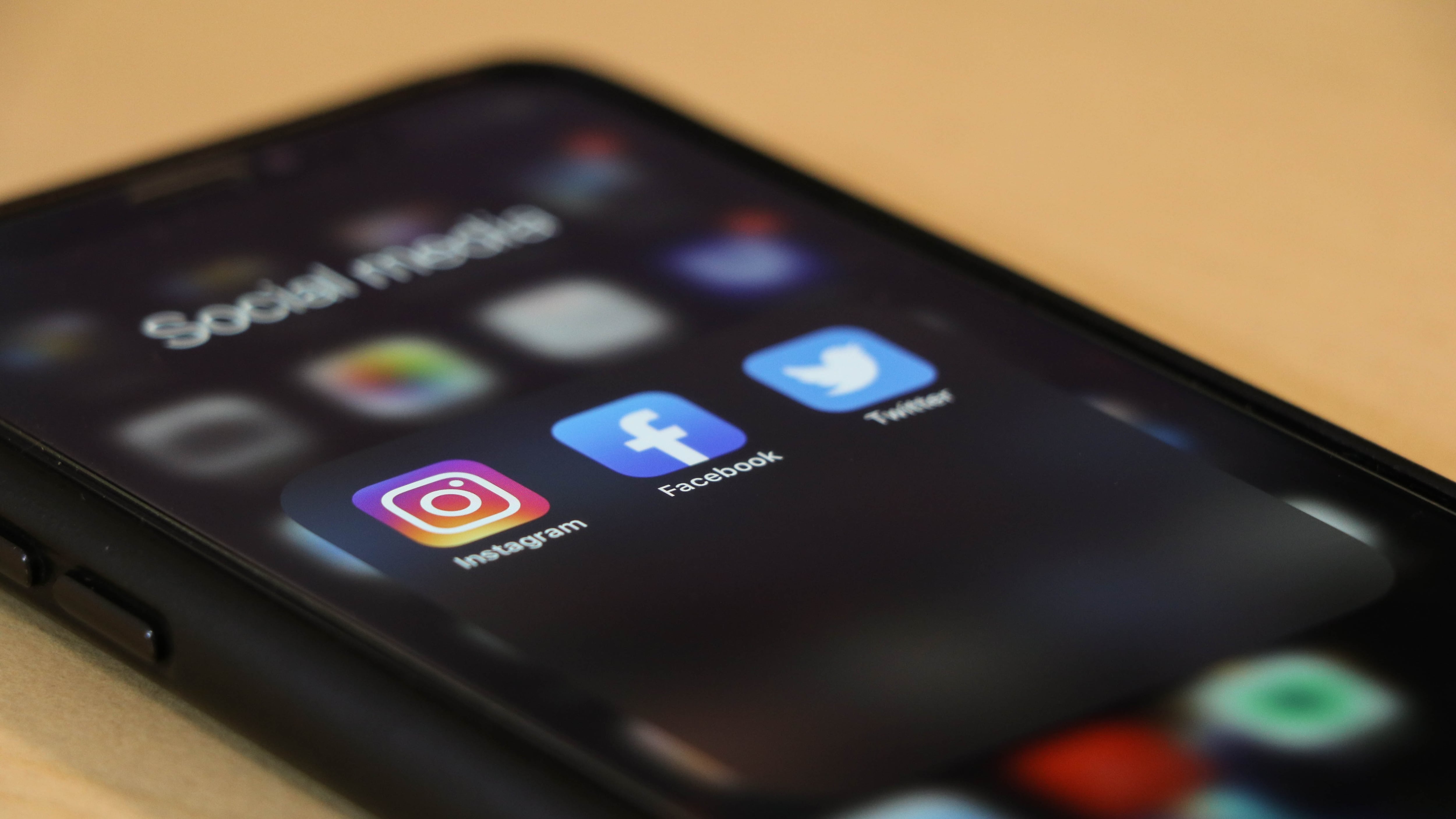For student-athletes, the end of the game is just the beginning. As fans file out of the arena, athletes are transported to a different stadium that seats millions: social media.
Some USC student-athletes use social media to make career connections, network and get their name out there.
During their college sports career, athletes can benefit from using social media to self-market, build a personal brand and promote themselves.
Senior basketball player and communication major Boogie Ellis said that social media is a big part of sports nowadays.
“Social media really helps one build your brand,” Ellis said.
Social media can be a key networking tool for helping athletes get recruited, but at times there can be a downside to social media. Soccer player and junior Marshall student Simone Jackson advocates for student-athletes, especially when it comes to social media and the impact it can have on them.
“I think folks can get caught up in performing a bit more selfishly for social media attention,” Jackson said. “But at the end of the day, it can serve as a motivator and highlight the good work people are accomplishing — especially if your sport isn’t always in the headline.”
Players can create positive or negative attention to draw in fans; however, it can get overwhelming with comments left by fans and people through social media. Posting something on the internet ultimately means one is agreeing to be judged on the content they put out.
Some might have misconceptions that student-athletes are here just to play the sport, but they are also stressful regular students.
Kalyah Williams, Trojan volleyball player and communication management graduate student, advocates for student-athlete mental health.
“People don’t know how mentally strenuous being an athlete is while also being a full-time student and at times the backlash of social media coming after athletes can be a lot as well,” she said.
An article titled “College Student Athletes and Social Media: The Psychological Impact of Twitter” explained how research was conducted with seven National Collegiate Athletic Association (NCAA) Division I student-athletes who are influenced by social media.
In the research, it was found there are some advantages and disadvantages. Some of the advantages seen were the way they can use the platform to advocate, have moral support and as well promoting the team.
Some athletes may believe that everything on their social media accounts reflects on them as well as their team. The endless criticism can make it difficult for athletes to feel like they’re doing great in their sport and expect support from their fans. But Ellis thinks differently.
“I feel like the best thing you could do is just work hard and focus on your sport,” Ellis said. “Honestly, I feel like if you play well and you take care of business on the court or on the field, everything else [will] take care of itself.”
